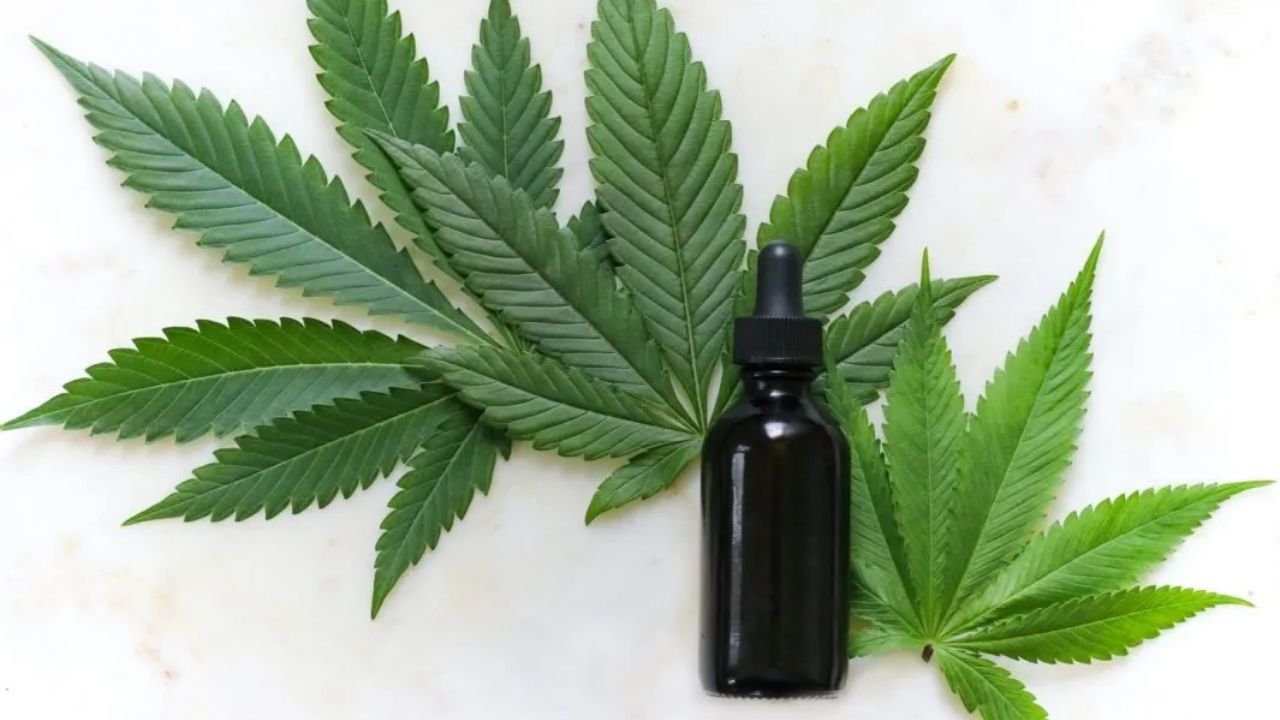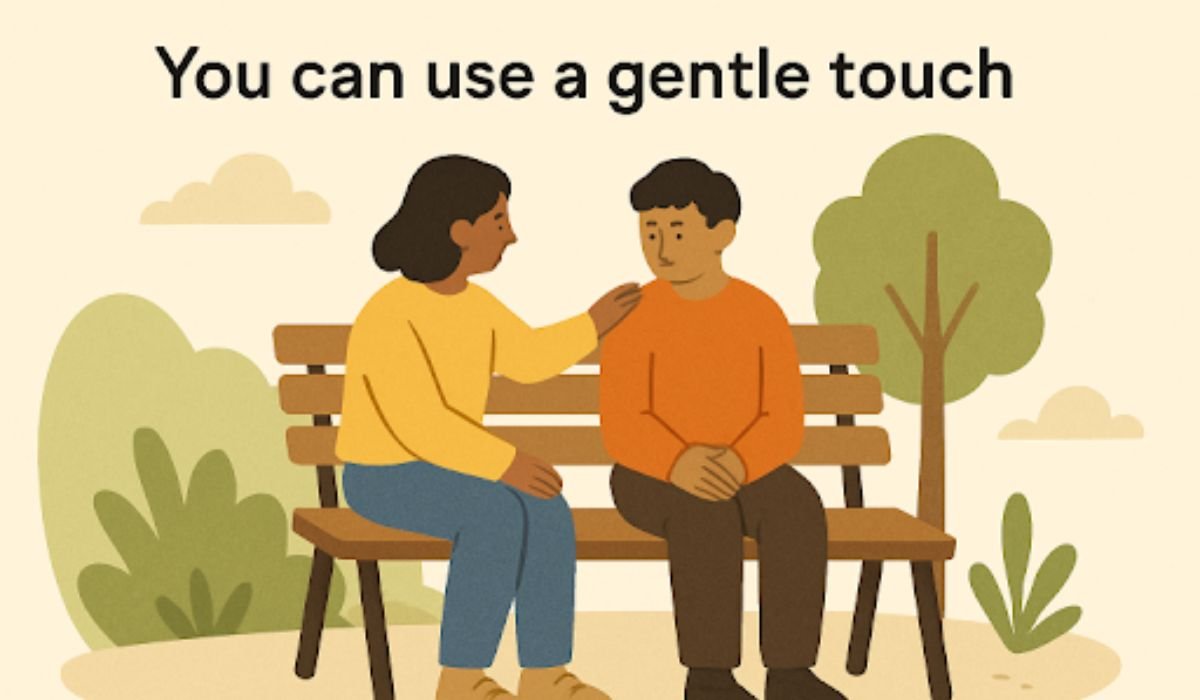The cannabis industry is booming and changing fast, which can make it tricky for consumers to keep up with the laws and rules. One compound that’s taken off is Delta 8 THC. But, its legal status is different in each state.
If you’re wondering about its benefits or the Delta 8 legal status where you live, it’s important to get the facts. Knowing the legal landscape is essential for both experienced users and those just starting. Let’s dive deeper into the world of Delta 8 THC rules and regulations.
What is Delta 8 THC?
Delta 8 THC, or Delta-8-tetrahydrocannabinol, is a compound found in cannabis plants. It is similar to Delta 9 THC, which is the main psychoactive ingredient in marijuana.
But, Delta 8 is said to have milder effects, often making users feel calmer and less anxious. Even with these differences, Delta 8 is still psychoactive, and its legal status is a popular topic of debate.
Understanding Federal Law
The 2018 Farm Bill made hemp legal, along with its derivatives, as long as they have less than 0.3% Delta 9 THC. Because Delta 8 THC comes from hemp, many believe it is legal too. But, some legal experts say Delta 8 could be in a gray area since it is made from cannabidiol (CBD).
In simple terms, federal law doesn’t ban Delta 8, but its legal status is unclear. Businesses and consumers need to stay aware of this uncertainty and watch for any changes. This confusion often leads to misunderstandings and false information.
State Where Delta 8 is Legal
As of now, Delta 8 is legal in several states. Below is a summary of states where you can legally obtain and use Delta 8 products:
- Alaska
- Arizona
- California
- Colorado
- Georgia
- Illinois
- Maine
- Massachusetts
- Michigan
- Nebraska
- New Mexico
- New York
- Oregon
- South Carolina
- Tennessee
- Washington
- Wyoming
It’s important to check the local Delta 8 THC regulation before purchasing Delta 8 products, as laws can vary at the municipal or county levels.
States Where Delta 8 Is Restricted
Some states have implemented restrictions on Delta 8 THC, putting it in a legal gray area. Here’s a look at some of these states:
Alabama
While Delta-8 THC is not outright banned in Alabama, the legal landscape surrounding it is murky. Many online retailers have ceased sales of Delta-8 products to Alabama residents due to uncertainties in state law, prompting consumers to seek alternatives or navigate complicated legal terrain.
Florida
In Florida, Delta-8 THC is technically legal under state law, largely because it is derived from hemp. But, some state officials and lawmakers have publicly expressed their intent to introduce legislation that could ban Delta-8, creating a climate of uncertainty for consumers and retailers alike.
Ohio
Delta-8 THC is currently legal in Ohio, where it falls under the broader category of hemp-derived products. However, this status is subject to potential regulation, as state officials are actively discussing how to manage and regulate Delta-8 sales and use, which could change its legal status in the future.
Pennsylvania
In Pennsylvania, several lawmakers have attempted to introduce bans on Delta-8 THC, reflecting concerns about its safety and regulation. Despite these efforts, Delta-8 remains accessible in the state for the time being, and consumers can still find it in various dispensaries and online stores.
Utah
Utah is currently experiencing discussions among lawmakers about implementing official restrictions on Delta-8 THC. As these conversations progress, consumers should stay informed about potential changes to the legal framework surrounding Delta-8, which could significantly impact availability in the state.
States Where Delta 8 is Illegal
Several states have outright banned Delta 8 products. These include:
Arkansas
Arkansas treats Delta-8 THC as a controlled substance. The state’s medical marijuana laws do not allow Delta-8, which means it is illegal to sell or use.
Idaho
Idaho has strict laws against all forms of THC. Delta-8 THC is illegal here because the state does not recognize a difference between Delta-8 and Delta-9 THC, which is the main psychoactive component in cannabis.
Iowa
Iowa has banned Delta-8 THC, classifying it as an unregulated controlled substance. The state views any THC product as illegal unless it is part of the medical marijuana program.
Montana
Montana has banned Delta-8 THC as part of its cannabis regulations. The state considers Delta-8 a synthetic cannabinoid and does not allow its sale or use.
Rhode Island
Rhode Island restricts Delta-8 THC due to concerns over safety and regulation. The state requires all THC products to follow strict cannabis laws.
South Dakota
In South Dakota, Delta-8 THC is illegal. The state has not legalized THC products, treating them as controlled substances.
West Virginia
West Virginia has banned Delta-8 THC, categorizing it like other controlled substances. Only products under the medical marijuana program are allowed.
States Where Delta 8 Has Unclear Status
In several states, the Delta 8 legal status remains uncertain due to changing regulations and evolving interpretations of existing laws. Here are some key states where the status of Delta-8 is unclear:
Texas
Recent legislative changes, including the Texas ruling on Delta 8, have led to confusion about its legality. While Delta-8 was initially considered legal under the 2018 Farm Bill, ongoing debates and court rulings have created uncertainty for consumers and businesses.
Louisiana
Delta-8 products are available in Louisiana, but the state has proposed regulations that could restrict its sale. Consumers should be cautious, as these rules could change and affect accessibility.
Implications of Delta-8 THC Bans
If you live in one of the states where Delta-8 THCs are banned, it’s important to know the risks of using these products. Here are some potential consequences:
Legal Penalties
You could face fines, and have your products confiscated. You can even face criminal charges if caught with Delta-8 THC.
Lack of Consumer Protection
In states where Delta-8 is banned, there are no laws to ensure product quality or safety. Buying from unregulated sources can be risky.
Health Risks
Without regulations, Delta-8 products may vary in quality and strength. In states with bans, products often come from underground markets, which can be unsafe.
Health Implications of Delta 8
While navigating the legal waters, it’s also crucial to consider the health implications of using Delta 8 THC products. Some potential benefits include:
Milder Psychoactive Effects
Delta-8 THC tends to give a lighter high than Delta-9 THC. This can be better for people who want to relax without feeling too high.
Anxiety and Stress Relief
Many users say Delta-8 can help ease anxiety and create a calm feeling. This might be useful for people dealing with anxiety disorders.
Appetite Stimulation
Like Delta-9 THC, Delta-8 can increase appetite. This is helpful for people who are sick or going through treatments like chemotherapy that can make them lose their appetite.
Pain Relief
Some people find that Delta-8 helps with pain. There are stories about it easing chronic pain and inflammation.
Improved Sleep Quality
Some people also find that Delta-8 can help them fall asleep faster and improve sleep quality. This can be beneficial for people with insomnia or other sleep issues.
Health Risks and Considerations
While Delta-8 THC may offer benefits, it’s also important to be aware of the potential health risks. Understanding these risks can help you make informed decisions about using Delta-8 products.
Limited Research
There isn’t much research on Delta-8 THC yet. Most information comes from users or studies on Delta-9 THC, so we need more studies to fully understand its effects.
Psychoactive Effects
Delta-8 can still change how you think and feel. It can make you high, which might affect your judgment and reaction times, so it’s best to avoid driving or using heavy machines after taking it.
Side Effects
Users might have dry mouth, red eyes, dizziness, and a faster heartbeat. Some people could also feel anxious or paranoid, especially if they take too much, so it’s smart to start with a low dose.
Product Safety
The Delta-8 market is not well regulated. This means some products may not be safe or could have harmful ingredients, so always pick products that have been tested by outside labs for quality.
Legality and Drug Testing
Delta-8 laws are different in each state, which can make things confusing. Even if it is legal where you live, it can still show up on drug tests as THC, which could cause problems with jobs or legal issues.
Tips for Consumers
If you’re considering trying Delta-8 THC, it’s important to be well-informed about its use and potential effects. Understanding the regulations and quality of products can help you make safer choices.
Check Local Laws
Before buying or using Delta-8 products, check your state’s laws. These laws can change often, so it’s wise to stay updated to avoid any legal issues.
Product Quality and Safety
If Delta-8 is legal in your state, make sure to buy it from trusted companies. Look for products that have been tested by independent labs, as this can help ensure that they are safe and contain the right ingredients.
Stay Informed
Keep an eye on news about Delta-8 laws in your state. Regulations for cannabis-related products are changing all the time, and knowing the latest can help you stay compliant.
How to Purchase Delta 8 Legally
If you’ve confirmed the Delta 8 legal status in your state, purchasing it involves several important steps:
Choose a Reputable Retailer
When purchasing Delta-8 products, consider whether to shop online or at local dispensaries. Your state laws will determine your options, but online retailers often have a broader selection.
To ensure you choose a reputable retailer, check customer reviews and ratings. Websites like Leafly and Trustpilot can help you assess product quality and the retailer’s customer service.
Verify Product Quality
When buying Delta-8 products, always look for those with third-party lab test results. These tests check the cannabinoid content, confirm there are no harmful contaminants, and ensure the product meets legal limits.
Also, read the labels carefully and avoid products with artificial additives, fillers, or unknown ingredients. This is to ensure you’re getting a safe and quality product.
Purchase Options
Delta-8 comes in different forms, like gummies, tinctures, vapes, and edibles. Choose the one that fits your needs and preferences.
If you’re new to Delta-8, it’s a good idea to start with a smaller dose first. This way, you can see how your body reacts before trying larger amounts.
Understand Shipping and Delivery
If you buy Delta-8 online, check the retailer’s shipping policies, as some states may have rules about shipping these products. Also, be ready to show your ID to prove that you are at least 21 years old, which is usually the legal age for purchasing Delta-8.
Future Trends in Delta 8 Legislation
The landscape of Delta 8 THC laws is evolving rapidly. It reflects broader trends in cannabis regulation and consumer demand. Here are some future trends to watch for in Delta-8 legislation:
Increased Regulation
As Delta-8 products become more popular, states are likely to introduce new rules for safety and reliability. Companies may need licenses to sell Delta-8, similar to cannabis regulations, and stricter testing standards could be implemented.
Clarity on Hemp-Derived Cannabinoids
The confusion around Delta-8 THC’s legal status may lead to clearer laws about hemp-derived cannabinoids. States could create definitions for Delta-8 THC and highlight how it differs from Delta-9 THC to reduce confusion.
Potential Federal Oversight
The growing use of Delta-8 THC may prompt calls for federal oversight. The FDA could develop rules for Delta-8 similar to those for CBD, and federal guidelines may standardize production and sales across states.
Public Awareness and Education
Increased awareness of Delta-8 THC may spark efforts to educate consumers about its effects and risks. States might launch campaigns to teach the public how to use Delta-8 safely and understand its potential dangers.
Exploring Delta 8 Legal Status in Your State with this Guide
Knowing the Delta 8 legal status in your state is about more than just the law; it’s also about staying safe and following the rules. Since laws are always changing, staying informed about local regulations can help you make safe choices for your health.
If you’re unsure about Delta-8’s legality in your state, look up local resources or talk to a legal expert who knows cannabis law. Your health and well-being are important, so it’s worth taking the time to check.
Is this article helpful? Keep reading our blog for more.











